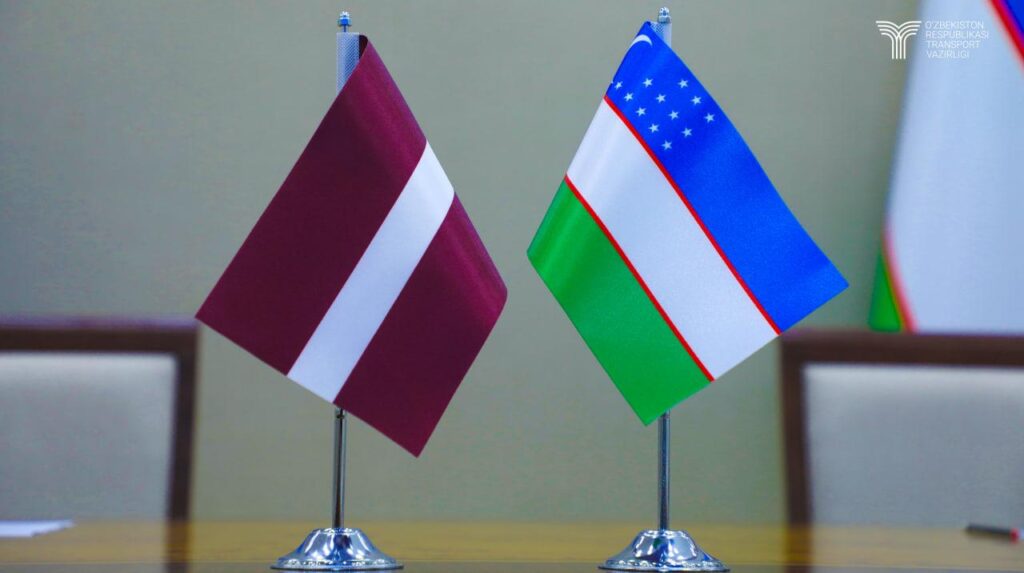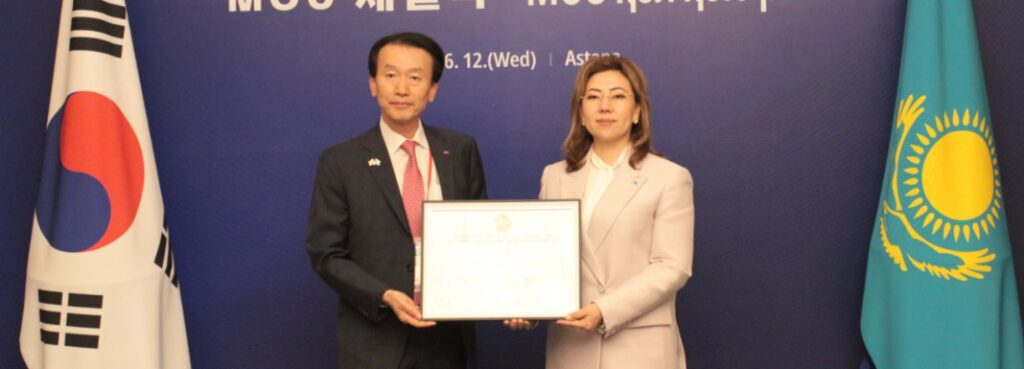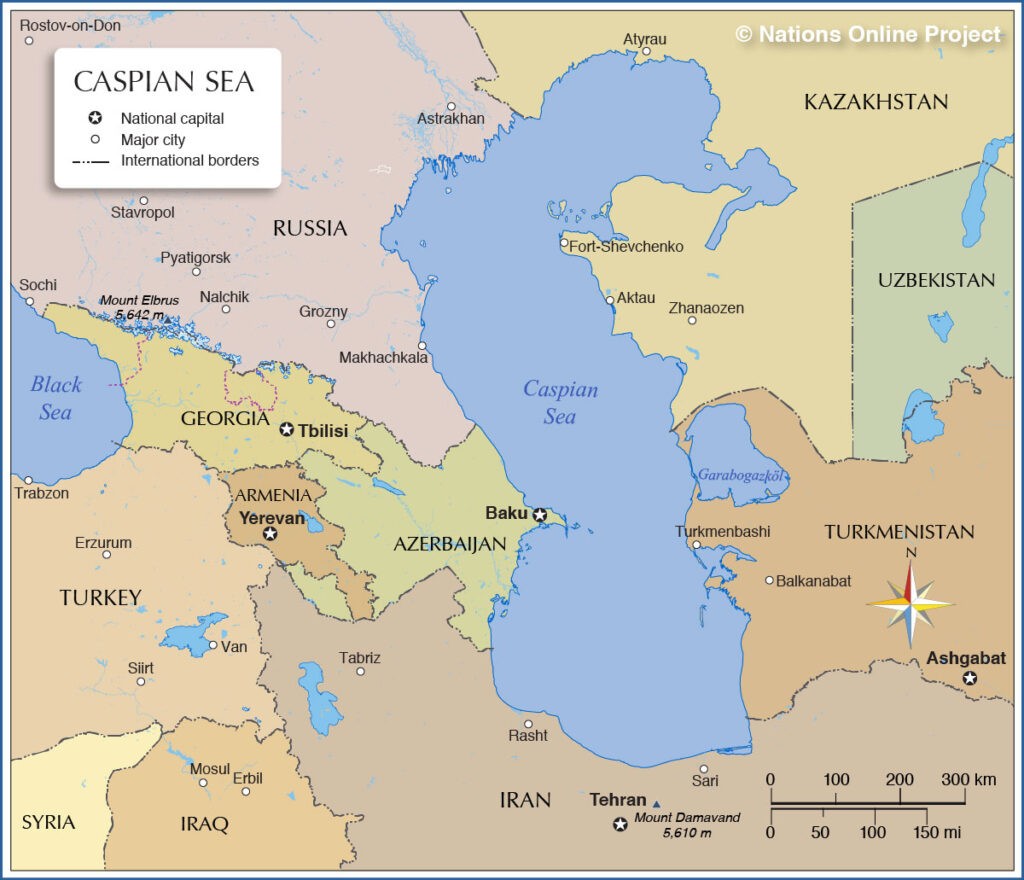How Sanctions Against the Moscow Exchange Will Affect Kazakhstan
The introduction of U.S. sanctions against the Moscow Exchange (MOEX) will not have legal consequences for the Kazakhstan Stock Exchange (KASE), because the Russian platform’s share in Kazakhstan’s capital is not large enough, KASE’s press service has reported. On June 12th, the Office of Foreign Assets Control (OFAC) of the United States put the Moscow Exchange on the SDN list, which means blocking its accounts in U.S. banks and depositories and banning cooperation for U.S. citizens and residents. The exchange has already announced that it will stop trading in dollars and euros in the foreign exchange section.
At the same time, contrary to popular belief, the entry of a company into the SDN list does not automatically lead to the introduction of secondary sanctions against all its partners, including those from third countries. Restrictions may be imposed on the subsidiaries of sub-sanctioned companies if they own at least 50% of their authorized capital. MOEX owns 13.1% of KASE shares, which means the latter is not considered a company under the control of the SDN-list participant.
“In this regard, Kazakhstan Stock Exchange and KASE Clearing Center continue to operate normally. Standard regulations will conduct trades, clearing, and settlements. KASE will consider the continuation of business relations with MOEX considering the sanctions restrictions,” noted the release from the Kazakhstan Stock Exchange.
In November last year, KASE head Alina Aldambergen said that the platform carefully analyzes the risks of sanctions. At the same time, she said that cooperation with the Moscow Exchange has been reduced to providing IT services.
Economist Rasul Rysmambetov previously wrote for The Times of Central Asia that he believes sanctions against several financial structures in Russia will not directly affect Kazakhstan. However, there are bound to be consequences for Kazakhstan from the actions of the Russian authorities.
“At some point, the Russian financial authorities will see that the pressure of sanctions is aimed not at complicating their operations, but at destroying their financial structure, and they may start taking symmetrical actions,” Rysmambetov wrote on social networks.
Rysmambetov believes the ruble’s depreciation will affect Kazakhstani entrepreneurs producing sugar, milk, and grain.








